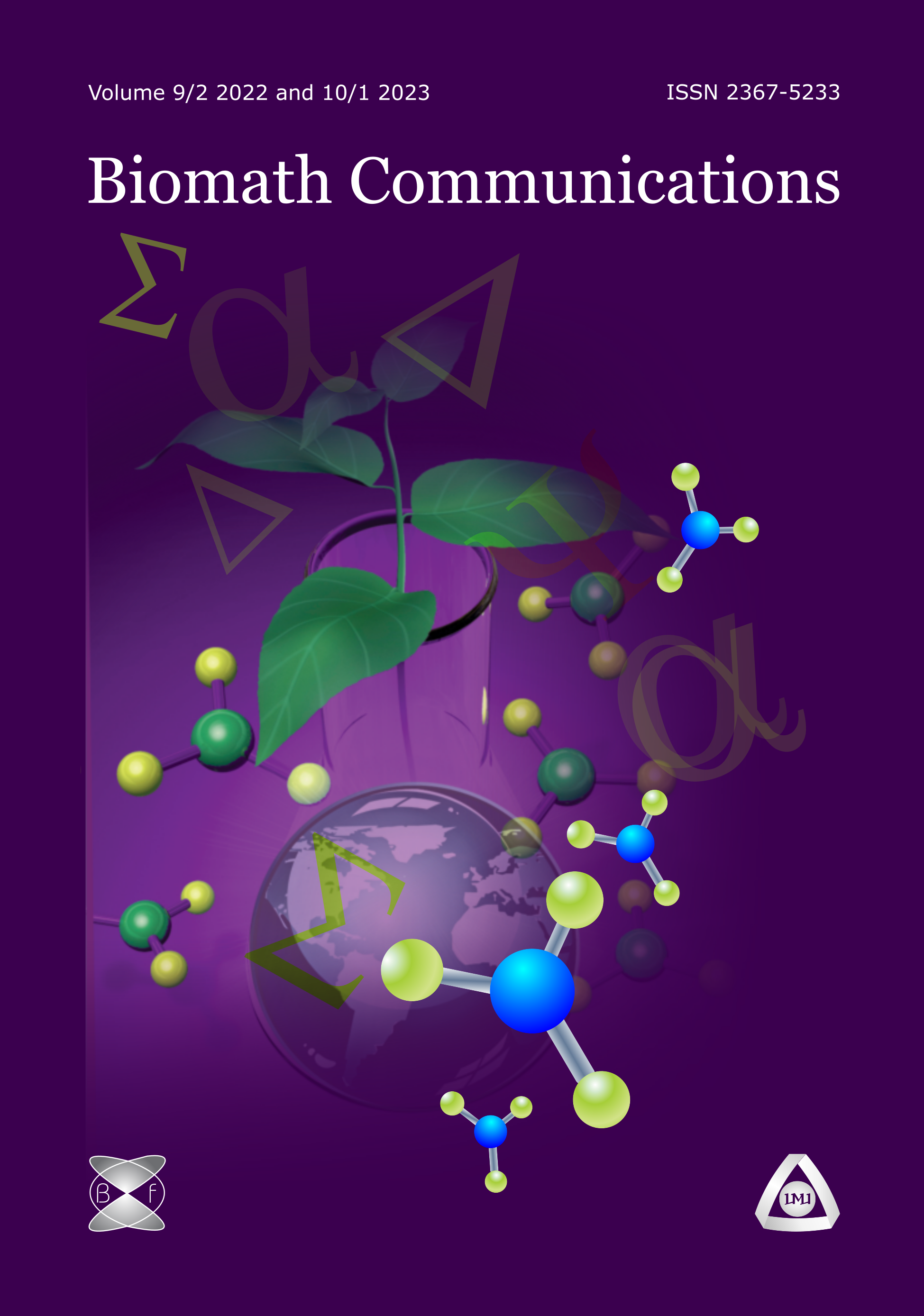Detecting Multivariate Gene Interactions in RNA-Seq Data Using Optimal Bayesian Classification
DOI:
https://doi.org/10.11145/470Abstract
RNA-Seq is a high-throughput technique for measuring the gene expression profile of a target tissue or even single cells. Due to its increased accuracy and flexibility over microarray technologies, it is widely applied in biological fields to uncover the transcriptional mechanisms at play in a given physiology or phenotype. Typically, this analysis involves mapping the RNASeq reads to a reference genome, quantifying transcript expression, and then performing testing for differential gene expression to determine which genes are expressed at significantly different levels in the phenotypes being compared. Tools such as Cufflinks, edgeR, and DESeq2 provide these univariate statistical tests using well characterized univariate statistical models of gene expression. However, one is often interested in phenotypes which can only be differentiated by the state of several genes simultaneously. These multivariate relationships cannot be detected using univariate testing procedures only. Instead, it is necessary to consider the joint expression patterns between multiple genes simultaneously and the ability to use this joint expression to differentiate the phenotypes of interest. While this problem can be approached using the setting of multivariate statistical testing, we instead opt to utilize the theory of statistical classification for two primary reasons. First, translational medicine aims to apply scientific knowledge to improve medical practice, and classification’s prediction of phenotypes from gene expression data is well aligned with this goal. Secondly, the model-based approach used in optimal Bayesian classification allows for the use of prior biological knowledge to improve results in the small number of samples typically available in biological studies.Downloads
Published
Issue
Section
License
The journal Biomath Communications is an open access journal. All published articles are immeditely available online and the respective DOI link activated. All articles can be access for free and no reader registration of any sort is required. No fees are charged to authors for article submission or processing. Online publications are funded through volunteer work, donations and grants.
Authors who publish with this journal agree to the following terms:
- Authors retain copyright and grant the journal right of first publication with the work simultaneously licensed under a Creative Commons Attribution License 4.0 that allows others to share the work with an acknowledgement of the work's authorship and initial publication in this journal.
- Authors are able to enter into separate, additional contractual arrangements for the non-exclusive distribution of the journal's published version of the work (e.g., post it to an institutional repository or publish it in a book), with an acknowledgement of its initial publication in this journal.
- Authors are permitted and encouraged to post their work online (e.g., in institutional repositories or on their website) prior to and during the submission process, as it can lead to productive exchanges, as well as earlier and greater citation of published work (See The Effect of Open Access).

